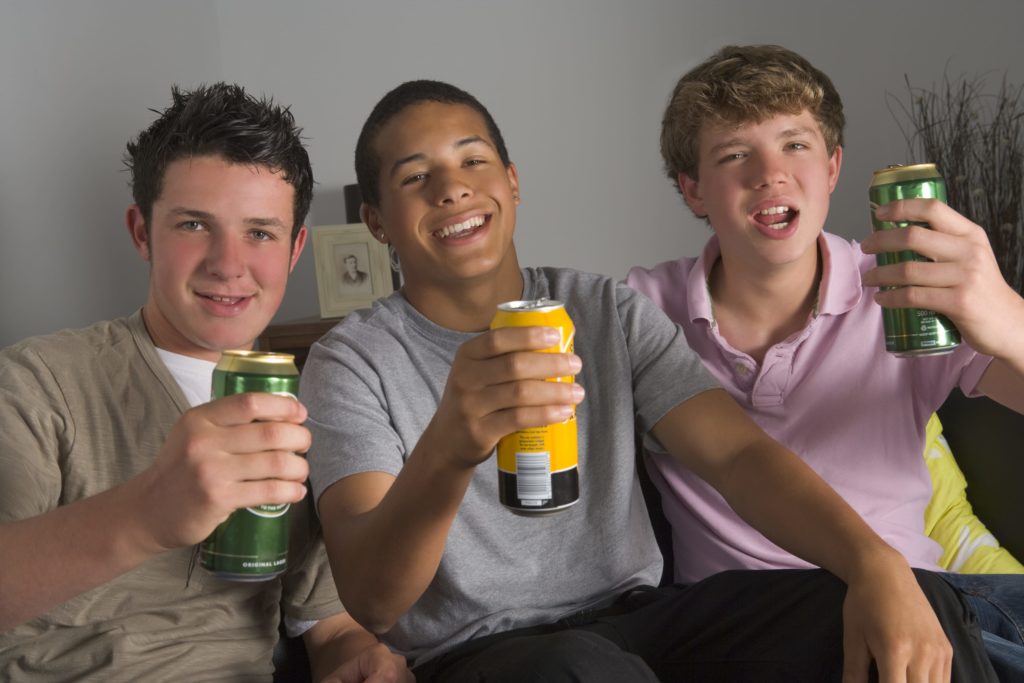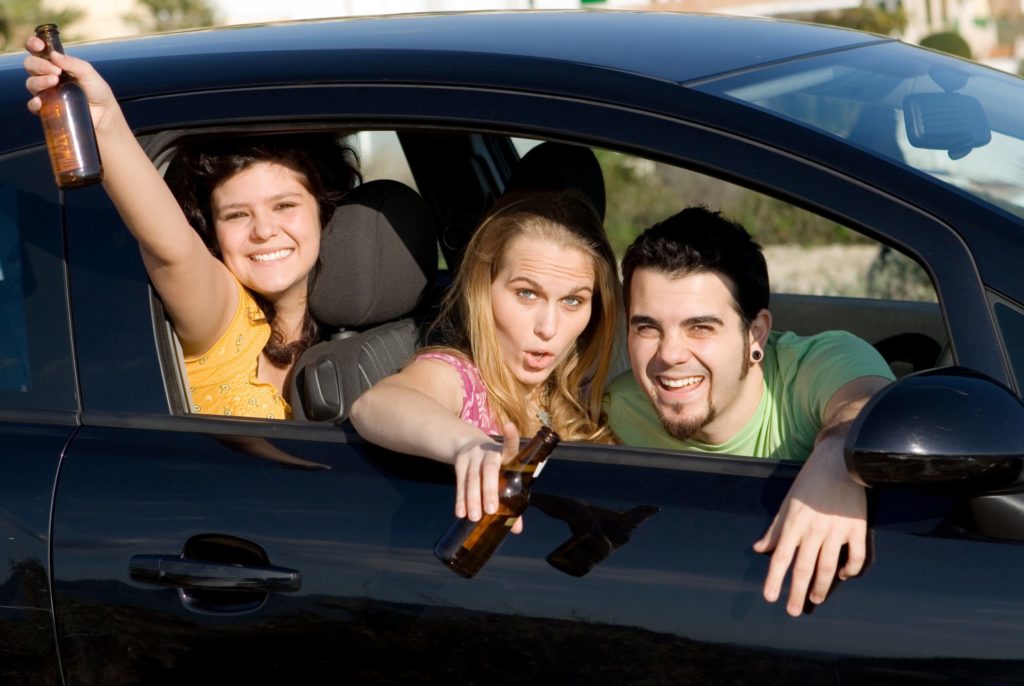Alcohol is the substance most frequently abused by teenagers in America. According to medical reports, 14 percent of teens admit to having been drunk at least once in the past 12 months. Eight percent of teens who drink, binge drink, meaning they consume five or more drinks at one sitting. The National Institute on Alcohol Abuse and Alcoholism (NIAAA) reports that 40 percent of people who start drinking before their 15th birthday will become alcohol dependent at some point. Can a teenager be an alcoholic? Yes. Could your teen be an alcoholic? It depends. Alcoholism is defined by a handful of diagnostic markers. An alcoholic over-consumes alcohol, drinking until they are mentally or physically impaired. The person cannot stop drinking even though drinking is harming them in some way. Alcoholism is progressive and over time the person will need to drink more alcohol to experience the same effects. Lastly, the person has a physical reaction to alcohol deprivation, called withdrawal. Teenagers are vulnerable to alcohol abuse for a couple of reasons. Because of lower body weights/mass and inexperience with alcohol, teens have a lower tolerance for alcohol. This means they get intoxicated sooner than an adult. Teenagers are also at risk because the areas of the brain responsible for judgment and reasoning (impulse control) are not fully developed. Teens make poor decisions. Teenagers are also vulnerable to problems with alcohol due to a lack of information. Teens are probably unaware that using alcohol can lower their ability to focus at school. Heavy alcohol use can create long-term memory problems. In fact, boys who drink finish fewer years of formal education compared to boys who choose not to drink. More often than not, kids who drink also experiment with marijuana; especially compared to older drinkers. Nearly two thousand teenagers die each year in car crashes where alcohol played a role. Teens need to hear the facts. If you are worried about whether your teen may have a problem with alcohol, watch out for these warning signs:
- Sleep disturbances
- Depression
- Social isolation
- Poor grades and poor behavior at school
- Relationship problems
- Changed appearance
- Belief that you have to be drunk to have fun
These signs alone do not constitute alcoholism, but if you know that your teen is drinking and also shows these signs, you have legitimate grounds for concern. Fortunately, even though teens can become ensnared in alcohol addiction, there are treatment centers and support groups where kids can break free from the destructive habit of drinking. The greatest single preventive measure that a parent can take toward warding off alcoholism in their teen’s life is to regularly talk with their child. Parents really do have influence. Teens listen to parents more than most realize. Moms and dads who explain the dangers of drinking, the expectations of the family and who talk about how to resist temptation are taking the strongest steps toward protecting their teen from making bad decisions about alcohol.






